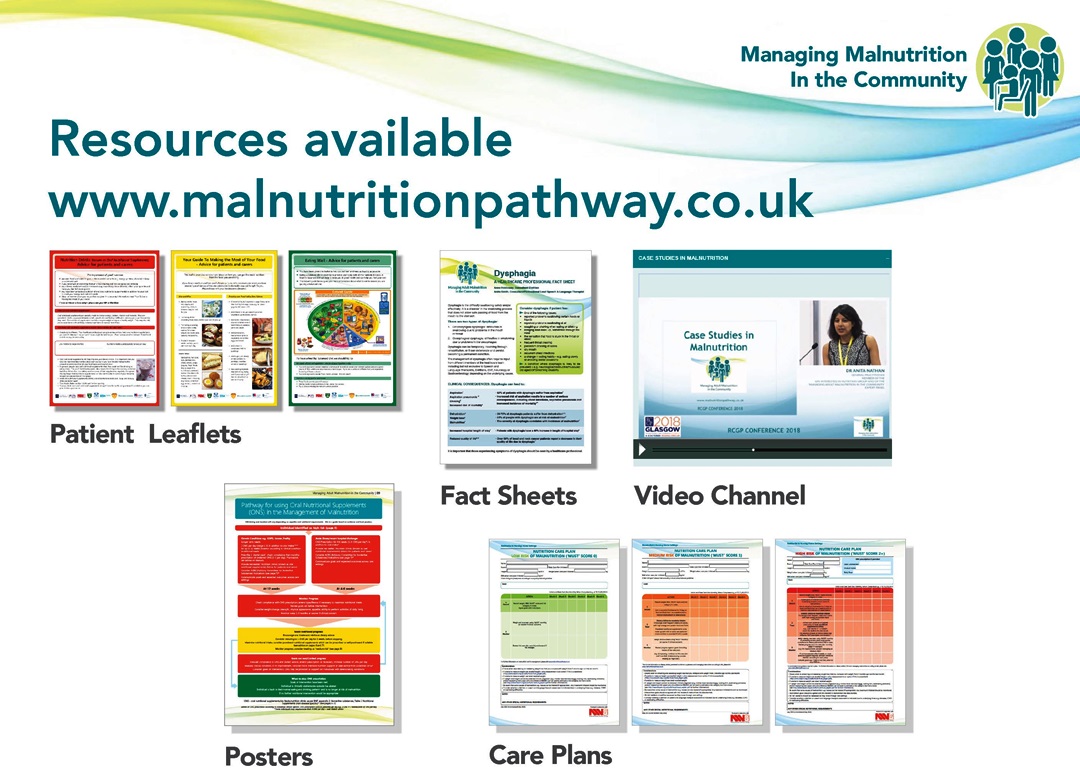
- Select a language for the TTS:
- UK English Female
- UK English Male
- US English Female
- US English Male
- Australian Female
- Australian Male
- Language selected: (auto detect) - EN
Play all audios:
A series of new resources have been developed to assist nurses in identifying and treating malnutrition in response to calls from some in the profession for more information on how to
support patients with the condition. The Malnutrition Pathway website, which first launched a guidance document for treating malnutrition in 2012, has now dedicated part of its site to
inform nurses on how they can work to identify and treat patients who are malnourished. > “Nurses are often the first line of care for these patients” > > Liz Anderson The new
materials include a range of fact sheets and “top tips” for nurses. Lead nurse for nutrition at Buckinghamshire Healthcare NHS Trust, Liz Anderson, said patients at risk of malnutrition
included those with “chronic diseases, debility, social issues and undergoing rehabilitation”. “Nurses are often the first line of care for these patients and can play an important role in
ensuring they get the best nutritional care,” she said. “These new resources are designed to assist nursing teams in identifying, monitoring and managing patients at risk of malnutrition.”
The website now has a “top 10 tips” fact sheet specifically for nurses to advise them on how to integrate nutritional screening and care into their current practice. Among other fact sheets
includes information for nurses on dysphagia and falls for patients with the condition. They were developed in collaboration with specialists working with malnourished patients across the UK
and are designed to compliment the ‘Managing Adult Malnutrition in the Community’ guideline document that the website published in 2012. The document is a practical guide to support health
professionals in the community to identify and manage individuals at risk of malnutrition and particularly disease-related malnutrition.



